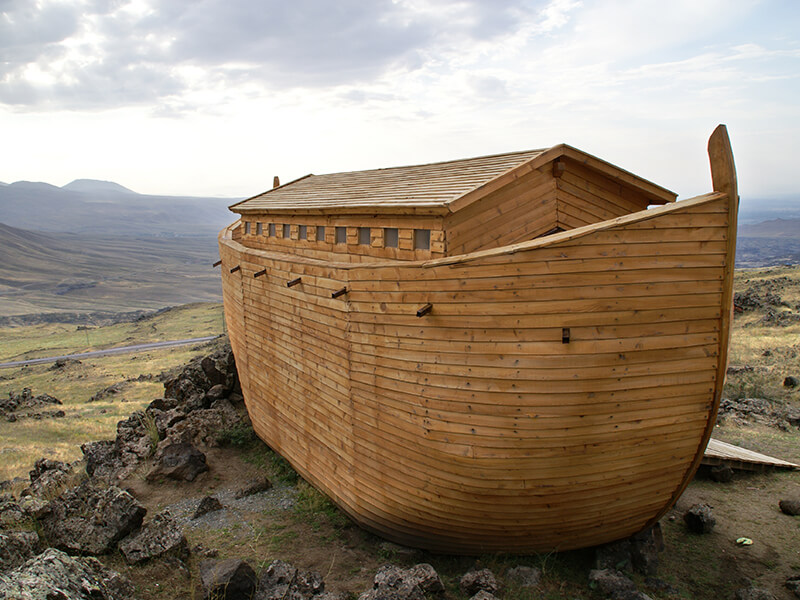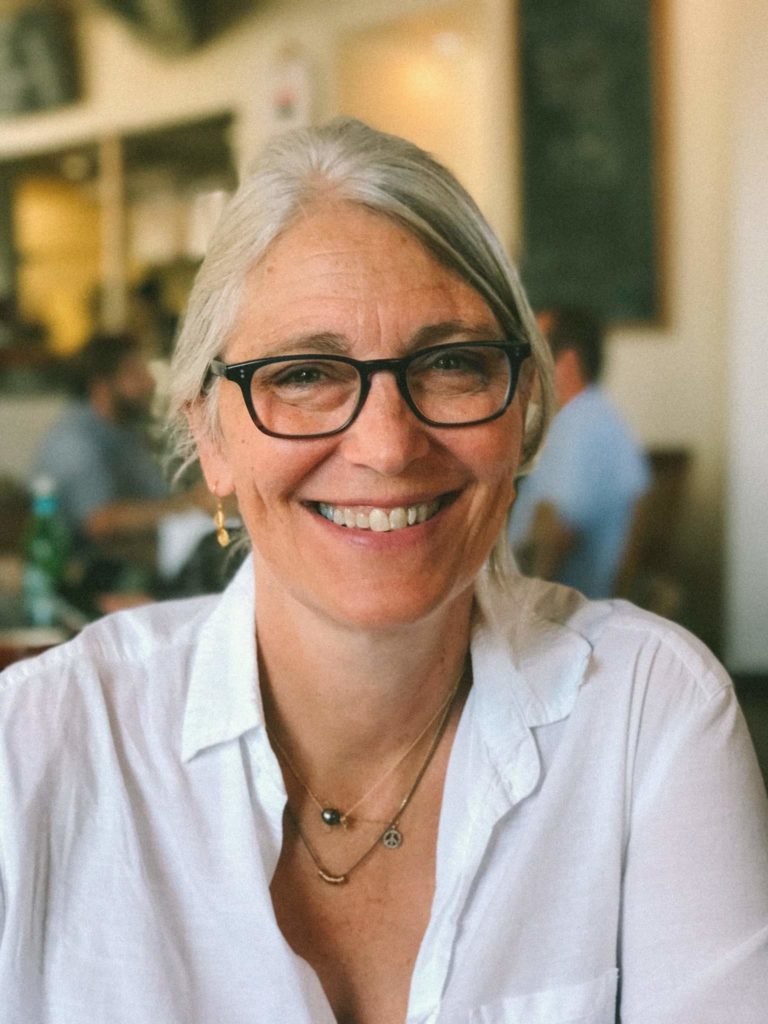
Ten years ago, I was an expert at talking about the Texas environment. I wasn’t an expert on emissions of volatile organic compounds at refineries in the Golden Triangle, or the chemicals used fracking fluid, or the Competitive Renewable Energy Zone lines that were being built to bring wind power from West Texas to cities along the IH-35 corridor, but I knew how to talk about them. Talking about them was my job. I was the director of the Alliance for a Clean Texas (ACT), a state-wide coalition of environmental, public interest, and religious organizations that worked to make Texas a safer and healthier place to live. Helping Texans understand what was happening to our water, land, and air, and then act on this understanding, was my mission, and I did it with zeal.
That April, while I was overseeing production of a major report on Texas air pollution, the Deepwater Horizon oil spill happened about 40 miles off the Louisiana coast. Everyone I worked with knew it was a calamity. Many of them had fought to protect the Gulf of Mexico for decades. That the spill involved the same oil company that owned and operated a refinery that had exploded just five years earlier, killing 15 people, made it all the more awful, and our work all the more critical. But I also remember how powerless I felt, the way I burst into tears during a yoga class and could not explain the way I felt to my best friend.*
The spring of 2010, with its combination of deeply focused work and a resounding sense of powerlessness, comes to mind whenever I think about climate change. At the time, I was intensely aware that my faith was the reason I was in this role, that my job was my ministry to the world. It compelled me to do the work I did. At the same time, I was quiet about this calling around most folks. I may have brought my whole self to my work, but, down deep, I was silent about who I was.
Now, three years into seminary, I can ask out loud what my faith brings to the mission of caring for the earth, as I love to say, our island home. How does my faith call me to act in the face of such an overwhelming task? Noah. I think of Noah, building the ark, loading the animals, storing all that food, trying not to look up from the task at hand and weep unceasingly over the world. Noah facing catastrophe and staying with his family, safe in the ark. Noah letting out the raven, and then the doves.
But the Flood is a tricky story, especially in a time of fear. My mind immediately goes, “I’m no Noah. There’s nothing righteous about me. God’s not giving me directions to build an ark.” My mind races to punishment and powerlessness, to loss and guilt and grief. The story feels like the last place to go, far too scary and dark to find the hope I need to find the courage to act. Still, I want to be like Noah. I want to be trustworthy and diligent and true. I want to build an ark. I just have no idea how.
This is where being a Christian almost feels simple. Jesus made what we’re supposed to do so clear. I am supposed to love my neighbor. Who is my neighbor? How should I love them? Jesus spells it out in Matthew 25: we are to care for the least of these. Here are the directions I’m looking for, the instructions for building an ark.
Climate change does not affect God’s creation equally. Where there are floods, fire, drought, or sea-level change, there are the least of these. There are also hunger, political destabilization, migration, and humanitarian and ecological crises. Climate justice is an approach to environmental advocacy that begins with the understanding that environmental harms are not equal. Decades of research have shown that brown and black folks who live in fence-line communities have different health outcomes from people who do not live next door to refineries. The same is true of people (and animals and plants) who already face displacement or disruption from a rapidly changing biosphere. Climate change does not affect God’s creation equally. Climate justice demands that we bring our whole selves to facing climate change, to understand that that it is not simply an environmental or political issue. Climate change is a moral issue, an ethical issue, a justice issue, a God issue. Jesus told us to care for the least of these. It’s that simple. It’s the caring that’s going to be hard.
That’s the speech I never gave back in 2010, the one I’ve carried around in my heart. I hope it’s one that other Christians can hear. And if it’s not, how can I, as a Christian, call on other Christians? How can I help them build an ark?
* I recognize that this scene could not be a more clichéd example of my status as a white, CIS, middle-class, North American woman, but that’s how it happened.
This spring, we will continue to devote Sowing Holy Questions to issues of stewardship, now giving special attention to the role of humans–and the calling of Christians–as stewards or trustees of the non-human creation around us.

Lize Burr is a senior in the MAR program. She will graduate this May with a concentration in theology.

